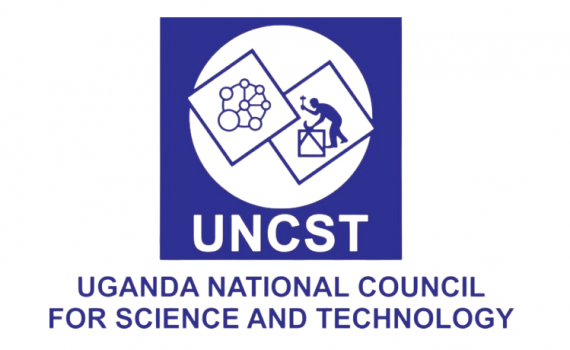
The Uganda National Council for Science and Technology (UNCST) has adopted and launched an open science policy following an extensive and participatory stakeholder engagement process.
“We sincerely appreciate EIFL’s invaluable expertise and financial support throughout this process. Your partnership has been instrumental in enabling UNCST to convene multiple consultative workshops with researchers, policy makers, institutional leaders and civil society stakeholders from across Uganda. These engagements have ensured that the policy reflects the diverse voices and priorities of our national science and innovation ecosystem, said Dr. Martin Ongol, Acting Executive Secretary of UNCST.
“As open science continues to emerge as a critical enabler for equitable knowledge production and access, the development of this policy marks a significant milestone for UNCST. It is particularly timely as we align our institutional efforts with Uganda’s Fourth National Development Plan and roll our new UNCST Strategic Plan (2025/2026 - 2029/2030) in which openness, collaboration and inclusivity in science are central pillars,” Dr Ongol continued.
UNCST regulates, monitors and evaluates all aspects of science, technology, and innovation (STI) in the country; translates STI policies into regulations and standards to guide the operations of the entire STI system; and homes researchers and institutions by providing continuing professional development. Its mission is to provide effective and innovative leadership in the development, promotion and application of science and technology and its integration in sustainable national development. As a clearing house for research, UNCST reviews from 1,800 to 2,500 research projects annually.
“Open science — characterized by transparency, accessibility, and inclusivity — is pivotal in addressing critical challenges in Uganda’s research ecosystem. The open science policy aims to position UNCST as a leader in championing open science practices, fostering greater accountability, collaboration, and innovation within Uganda’s research landscape. This is a watershed moment for open science in Uganda,” said Steven Sebbale, Head of Science Policy at UNCST.
UNCST open science policy interventions include the following actions:
- Establish and maintain robust digital and physical infrastructure to support open access to scientific data, research outputs, and collaborative platforms
- Develop and promote open research infrastructure and data policies to emphasize transparency in research processes, including data sharing and management, peer review, publication, and proper attribution of research outputs.
- Prioritise making research infrastructure and data accessible to staff, researchers, and scientists by investing in digital infrastructure and data policies to ensure equitable access and use of open-source technologies.
- Implement a system of incentives, such as recognition, awards, or grants, for STI practitioners and teams that significantly contribute to open science through the development, adoption and utilisation of open digital platforms and systems.
- Foster a dynamic and inclusive ecosystem that encourages collaboration between academia, industry, government, and the public
- Ensure discoverable and accessible STI data in line with FAIR (Findable, Accessible, Interoperable, Reusable) and CARE (Collective benefit, Authority to control, Responsibility, Ethics) principles and UNCST data management policies.
- Follow “as open as possible, as closed as necessary” approach.
- Develop and enhance the skills and competencies of regulators, researchers, scientists, and support personnel in the practices of open science
- Implement capacity building programmes aimed at training researchers, scientists, and policymakers on open science principles, data management, and open access publishing.
- Support open educational resources for teaching and learning and knowledge platforms.
- Create a comprehensive policy framework that encourages and enforces open science practices
- Establish clear guidelines for data management, sharing, protection and access, specifying which data should be openly available and which may require restricted access due to proprietary, ethical, legal, and privacy considerations.
- Promote the use of open licenses (e.g., Creative Commons, Open Data Commons) for digital content to clarify usage rights and enable the broad reuse of STI outputs.
- Integrate open science in grants management systems and other research quality assurance mechanisms to ensure that all key stakeholders are aware of ongoing reforms within the global knowledge system to mainstream these good practices within their own institutional systems.
- Introduce responsible research and researcher evaluation and assessment practices, which incentivise quality science, recognizing the diversity of research outputs, activities and missions.
- Facilitate the integration of open science principles into national STI policies, ensuring alignment with global standards and best practices.
- Establish national guidelines on open science practices, ensuring that all research funded or regulated by the government adheres to principles of openness, transparency, and inclusivity.
- Secure consistent financial support and investment to sustain open science initiatives
- Require research grant applicants to provide mandatory open access to all research outputs.
- Advocate for increased public and private sector investment in open science initiatives, focusing on critical areas like infrastructure, technology, and capacity-building.
“Through the policy we will be able to boost open science in the country by encouraging academic and research institutes to draft and adopt their own open science policies,” said Steven Sebbale.
SHARE / PRINT









